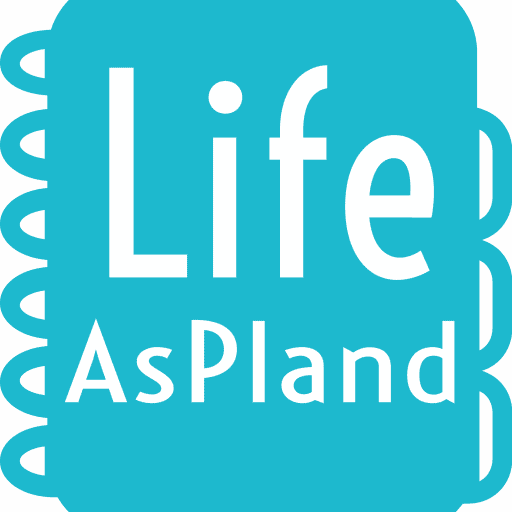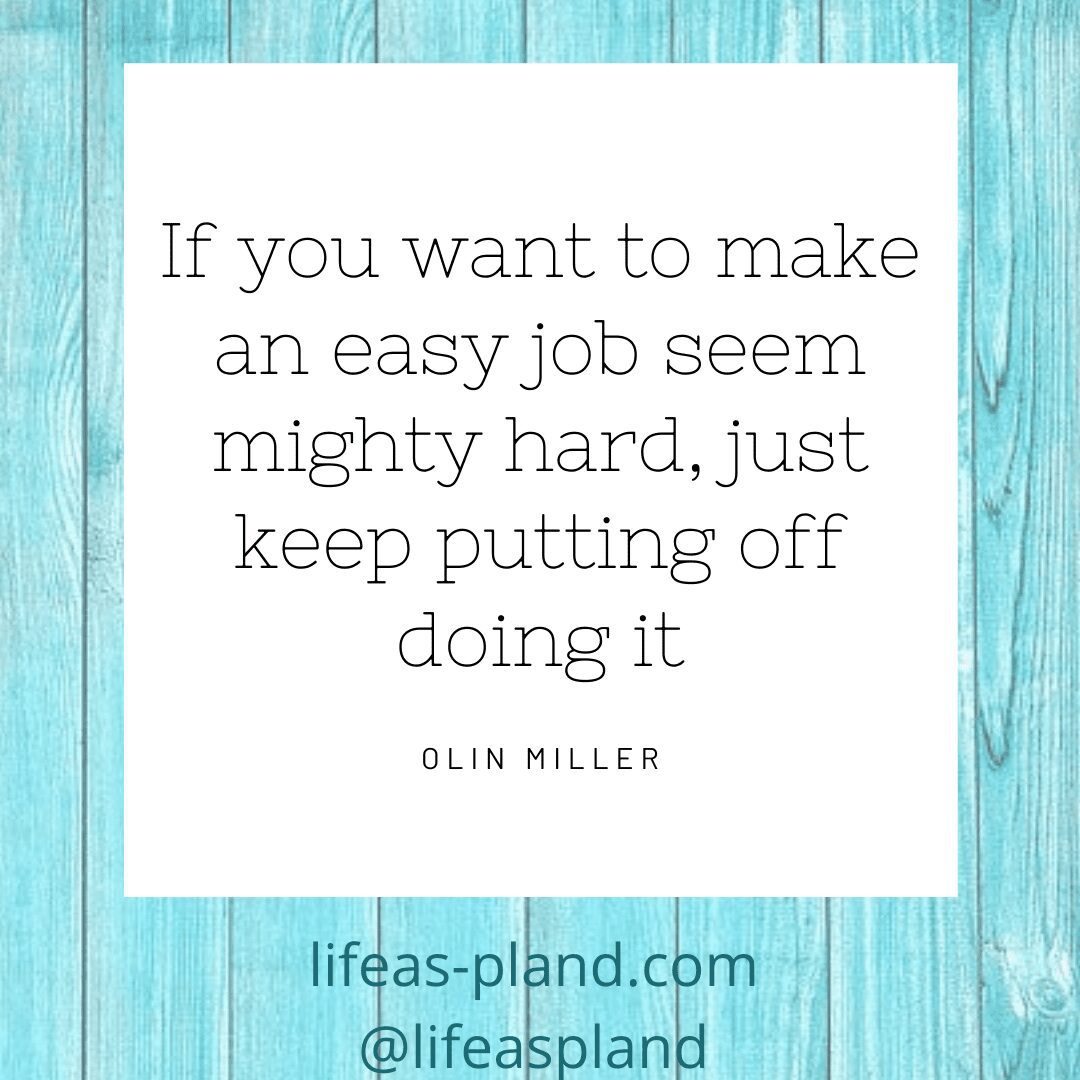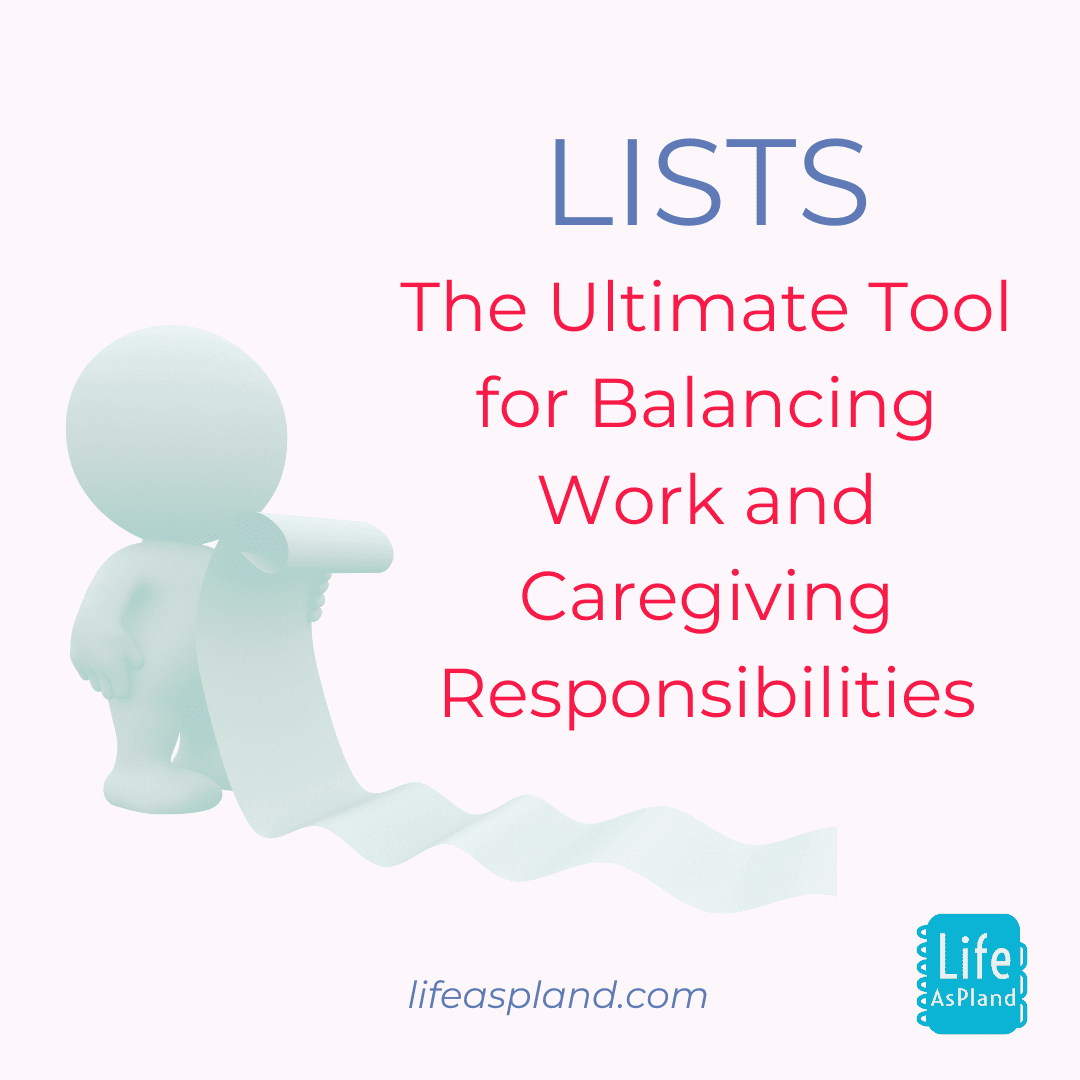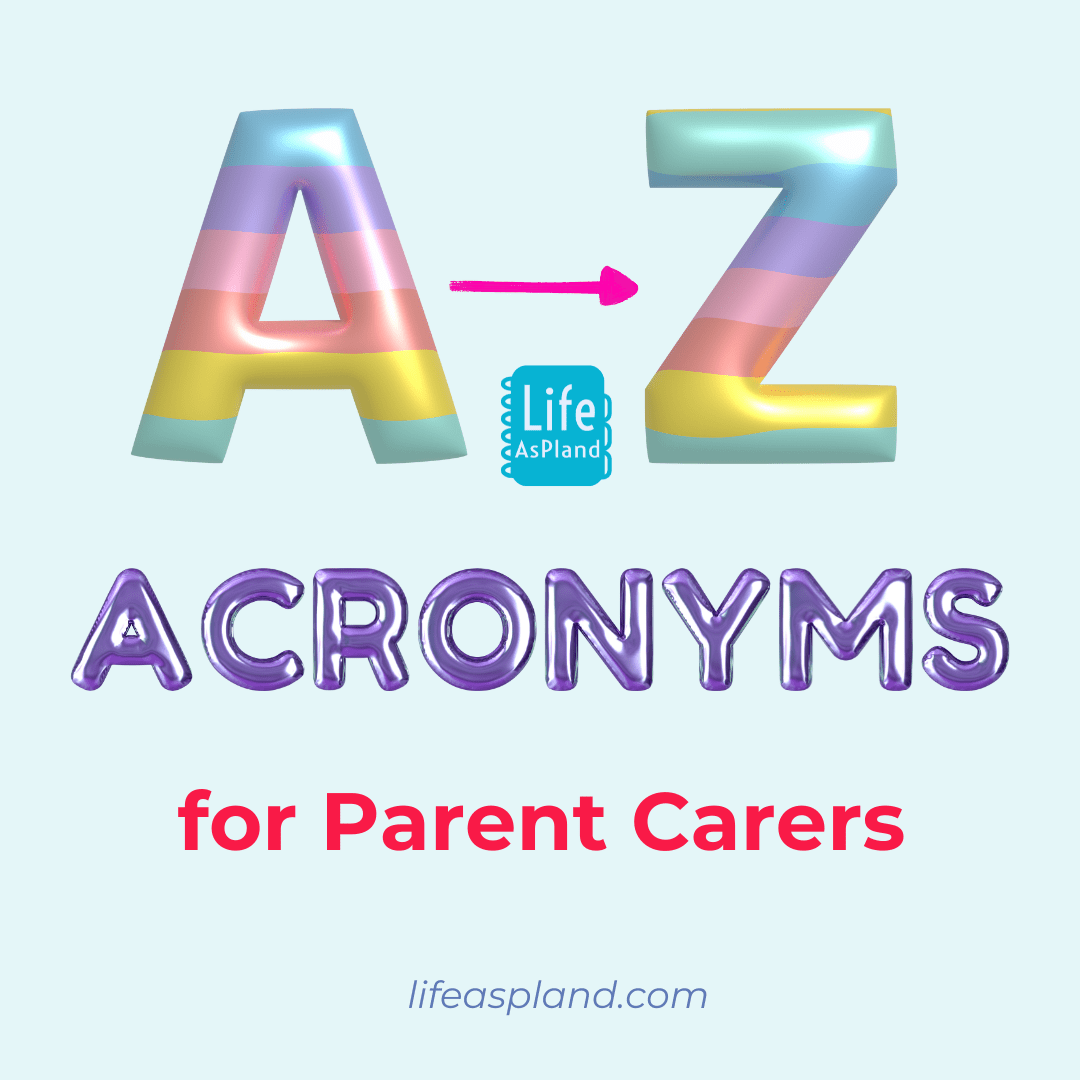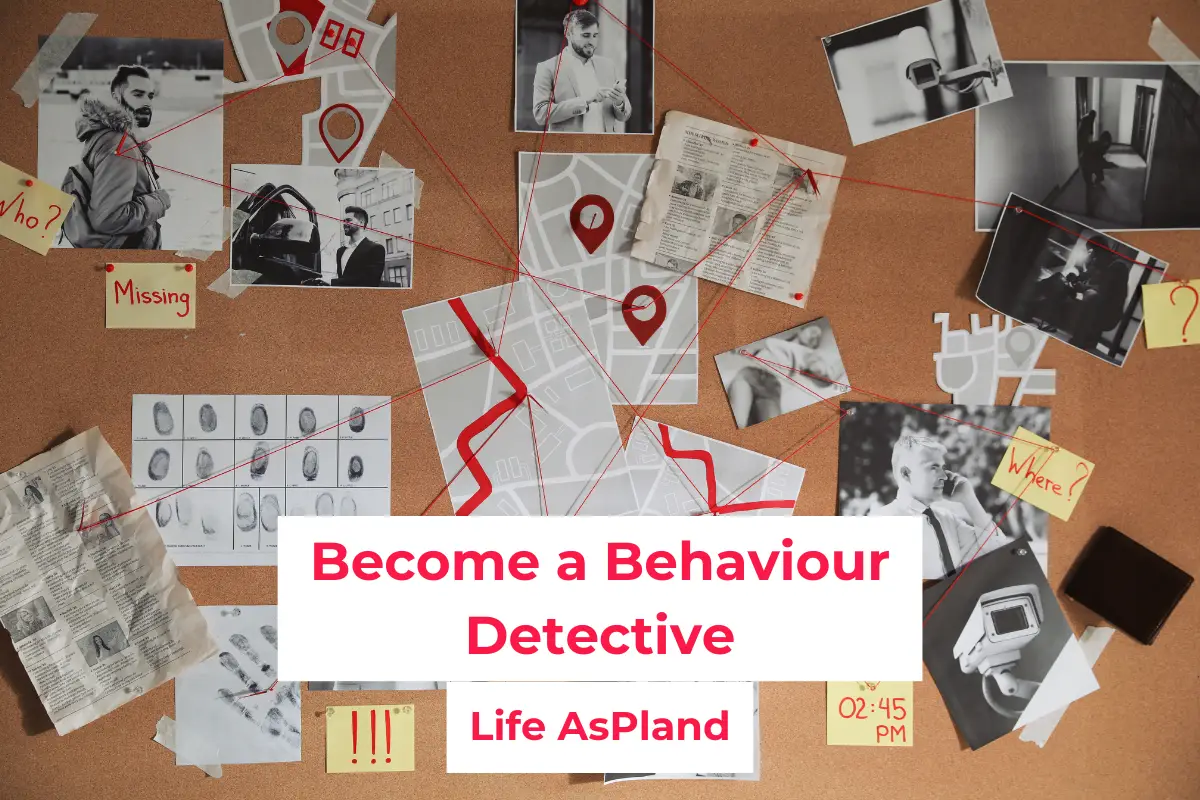If you want to make an easy job seem mighty hard, just keep putting off doing it.
Olin Miller.
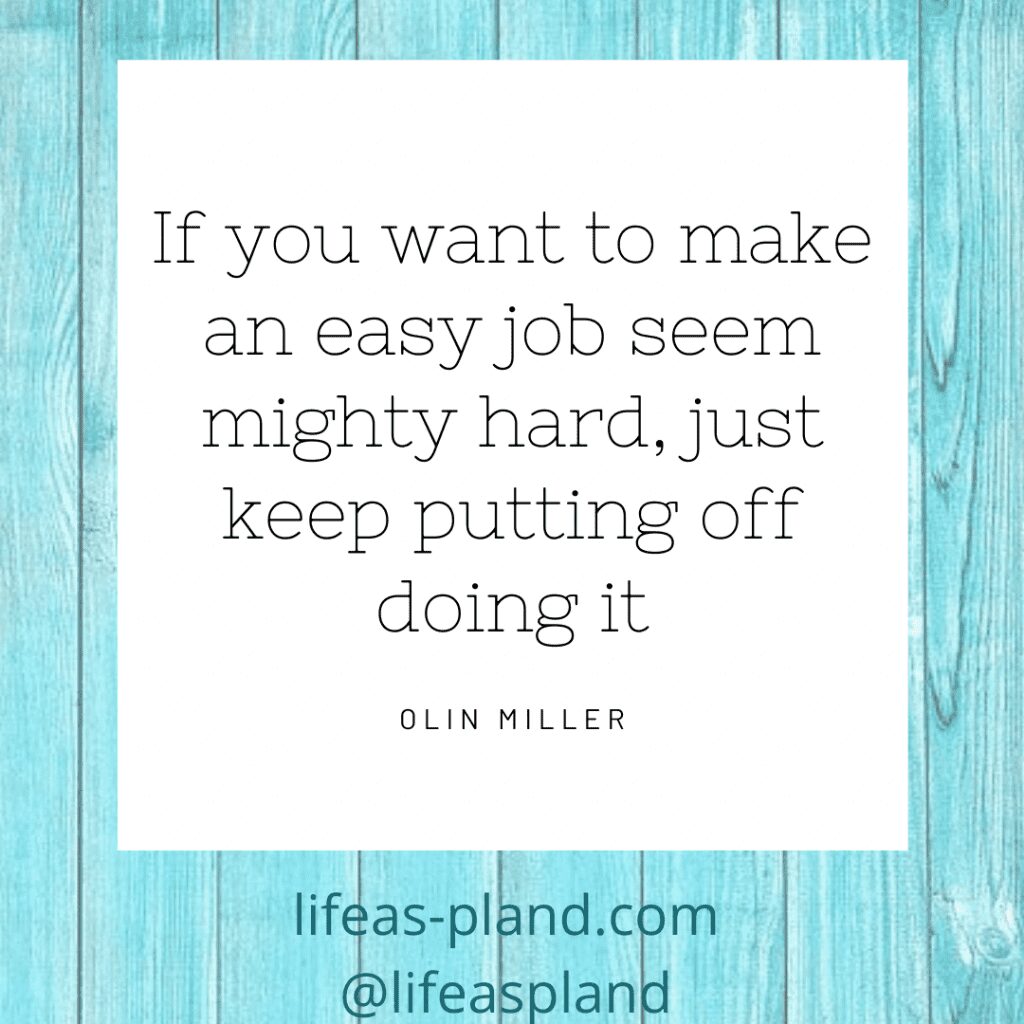
Sound familiar?
Did you read this and think “yep, that’s me. All the time”
Procrastination: The action of delaying or postponing something.
Why do we do it? We have these jobs we know we need to do but we keep putting them off. By doing this, we make the job appear even more difficult than it is. We give it a power and then even more amazingly, we start to believe the hype we have created.
We know that putting it off is a bad idea, but we do it anyway. It’s like eating that bar of chocolate when you have sworn off sugar for the day. You know it makes no sense but you do it.
You know you will feel bad about putting it off, but you do it. It’s not as if you can really relax and enjoy not doing it, because it’s always there, niggling away at the back of your head, reminding you that it’s still there.
Why keep putting it off?
So why do we choose to keep putting it off if we know it will make us feel bad?
It’s because we have chosen negative emotions to associate with that task.
For example, I knew last month that I had to complete a PIPS form for my son. I was putting it off because I knew it would bring up negative emotions. When, as a family, we celebrate the wins and the positives, it can be really hard to focus on negatives, and sadly forms require you to do that.
As far as I am concerned, he is amazing and I love him dearly. I wouldn’t change him for the world. He makes my heart sing daily. I knew that the PIPS form wouldn’t change how I feel about him but it would bring a reality check and I was avoiding that.
Putting it off was just a short term fix. It had to be done. I also knew that the more I put it off, the worse I would feel when I got around to doing it. As well as coping with the negative emotions the forms produced, I would also be experiencing anxiety if I left it to the last minute, some negative self talk about how stupid I had been in putting it off, and this would all add up to a whole avalanche of low self-esteem, which would impact on every area of my life.
If you are putting off cleaning that bathroom, re-organising a pantry, making that phone call, writing that letter, sit back for a minute and think about what emotions you have attached to that task. Is it exhaustion? Is it fear? Is it even self-doubt?
Think of the reward. How will you feel once it is done? Putting it off gives you a very short term relief. Imagine the relief when it is done and off your list.
As I signed the PIPS form, put in the envelope and dropped it in the post box, I honestly felt like a superstar. I was so relieved to have it out of the way. Yes, it wasn’t pleasant and there were certain points that made me want to cry in a corner but I had to get something positive out of the experience. To this end, I thought about the gaps and what we can do, as a family, to bridge them. What new skills can we focus on? Who or what do we need to speak to, get, learn to move us forward? I also changed the language for the plan we will use, so now instead of it saying “cannot do ….”, we are calling it “working towards….”.
Like anything in the world of SEND (Special Educational Needs and Disability), it won’t be easy; the whole system is a juggle between choosing your battles and accepting the unacceptable.
What are you putting off at the moment? How big has the idea of it become in your head? What emotions have you attached to it?
Get it done. Stop putting it off and tell us about the relief you feel when it’s done. Good luck. You’ve got this.
The form you have selected does not exist.
